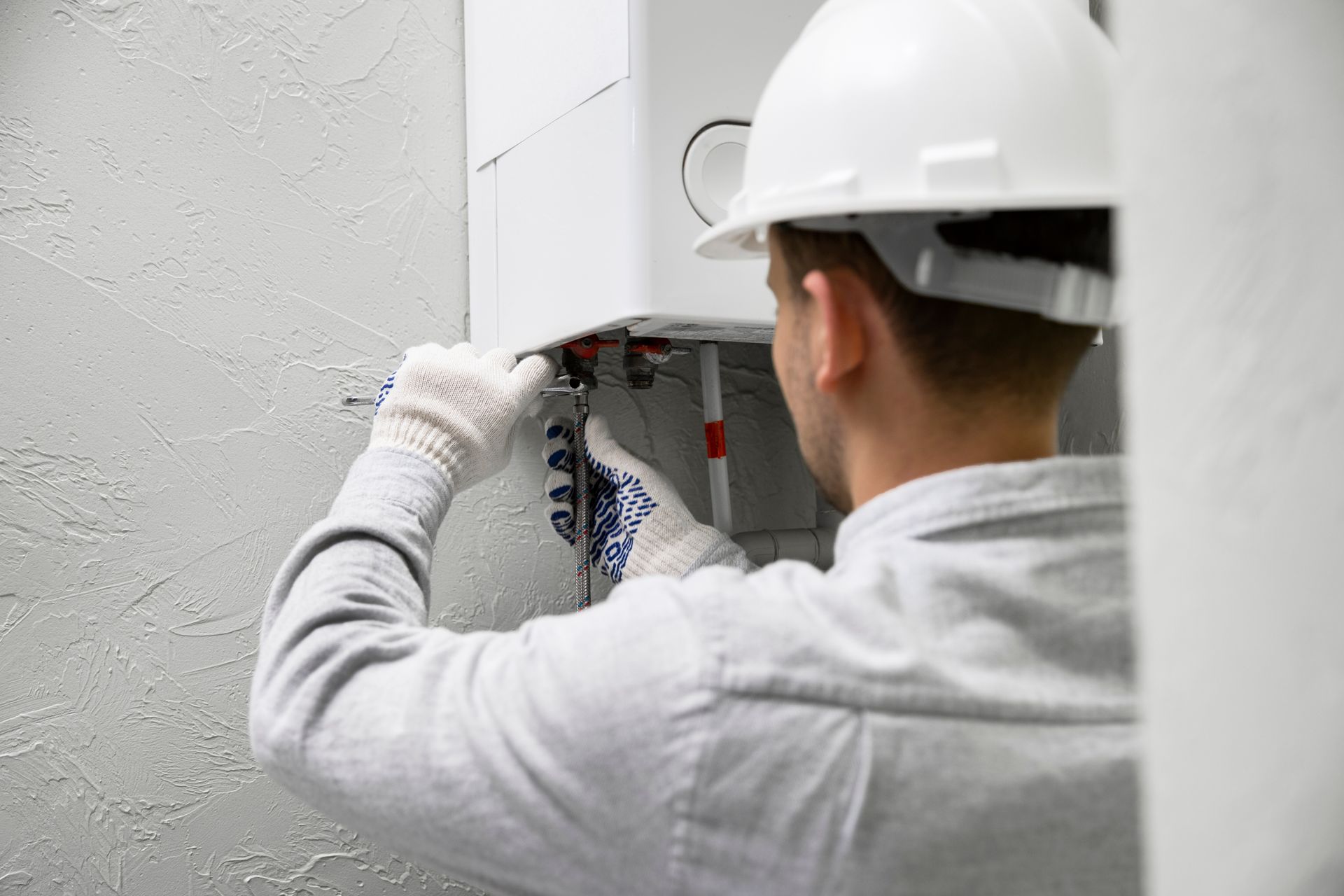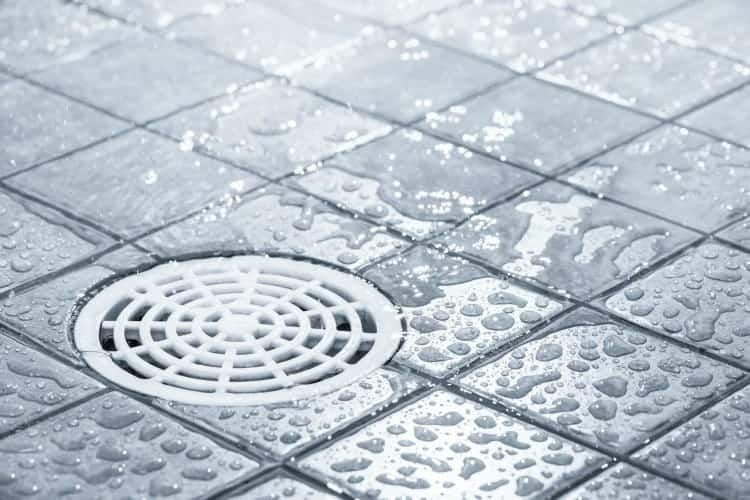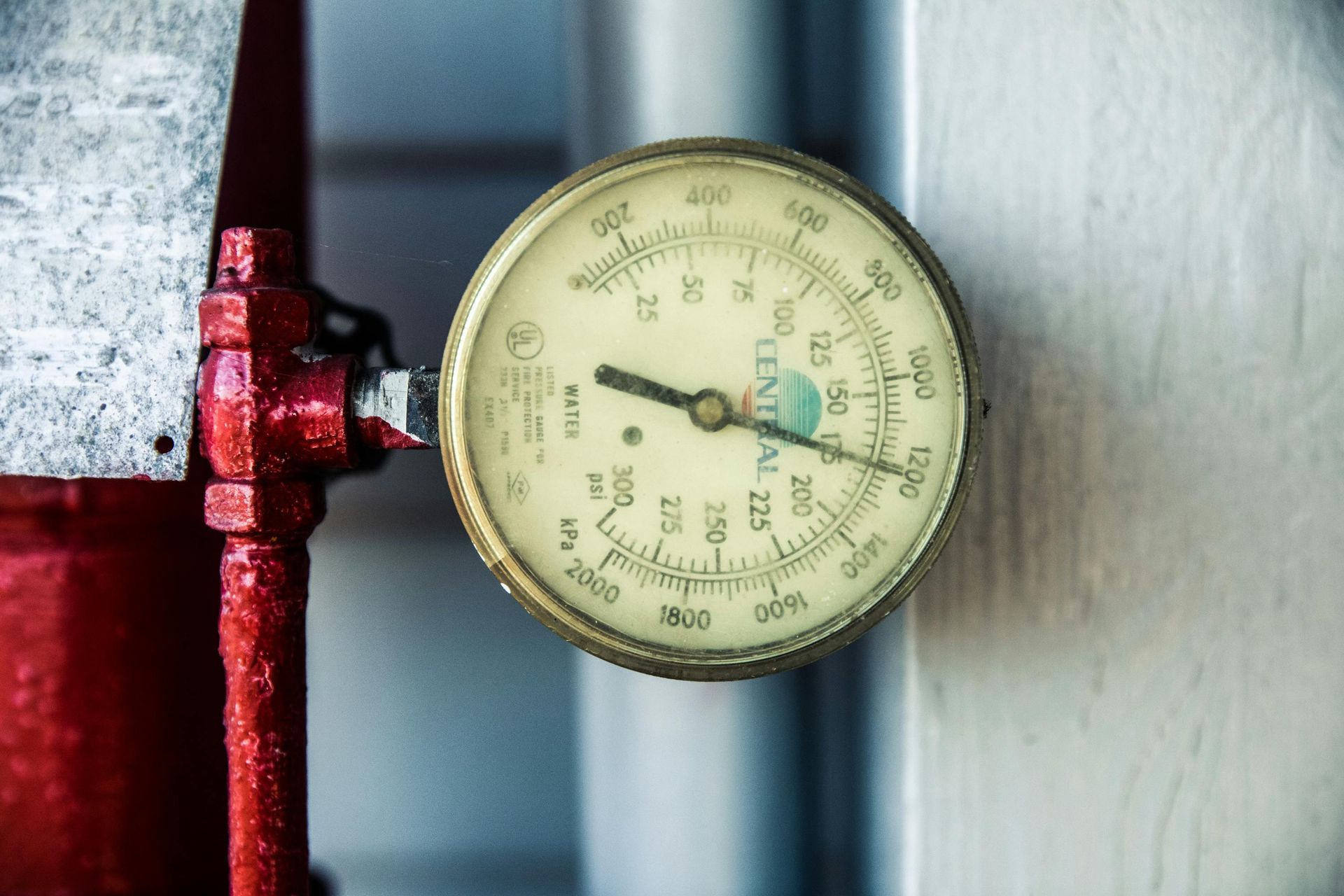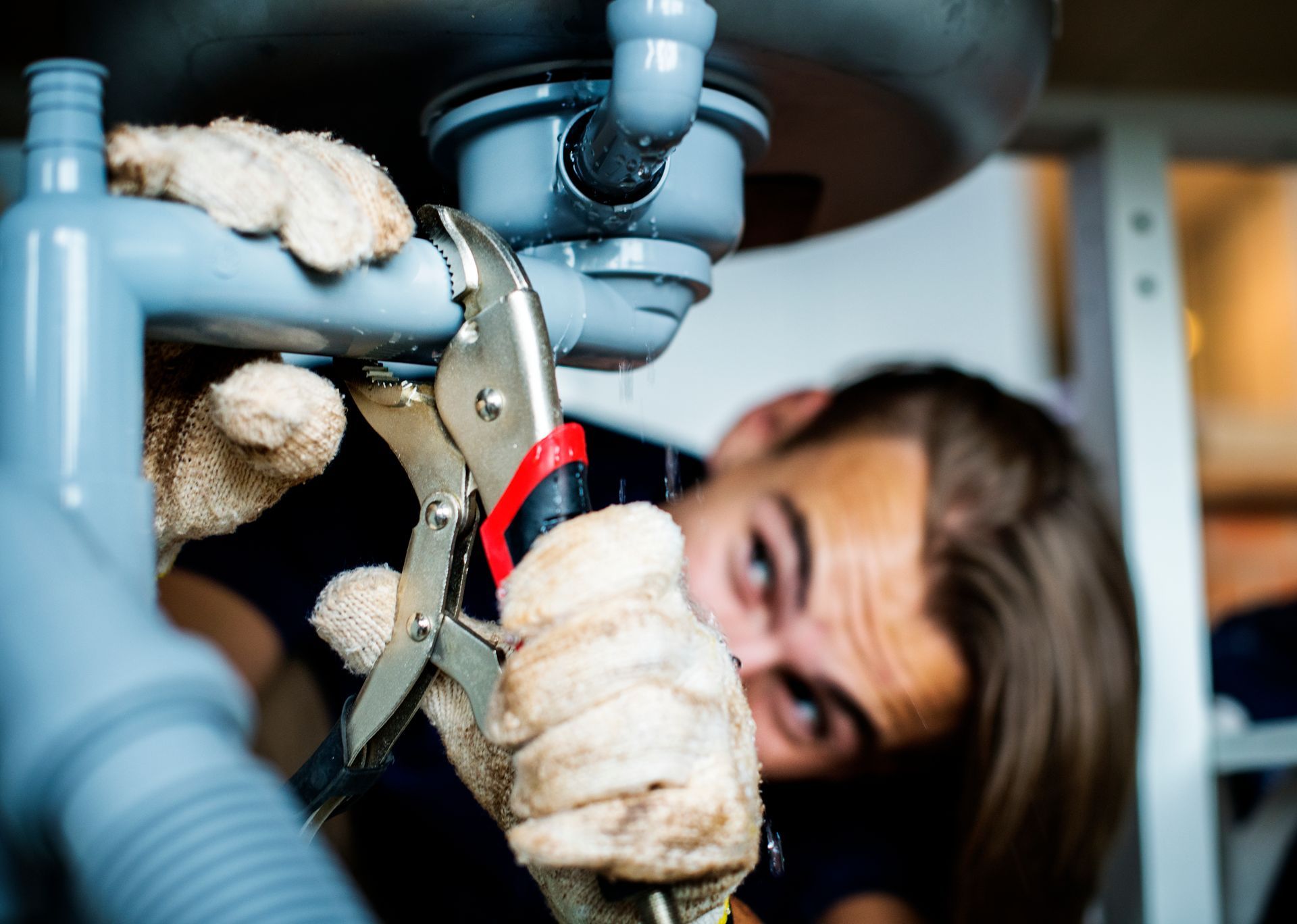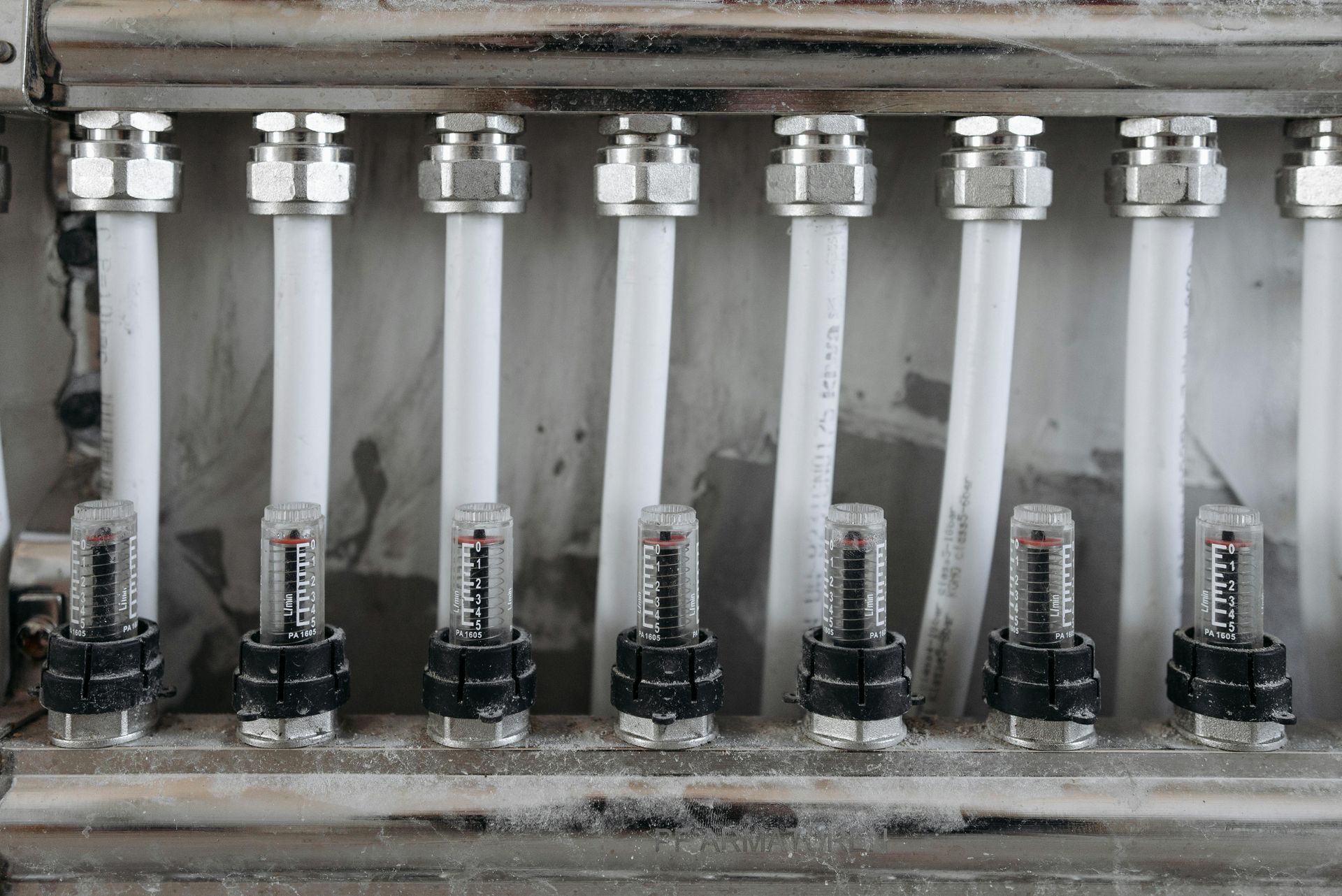The Best Ways to Prevent Mineral Buildup in Your Pipes?
Mineral buildup in plumbing systems is a common issue, particularly in areas with hard water. Over time, minerals such as calcium and magnesium accumulate inside pipes, fixtures, and appliances, leading to reduced water flow, blockages, and increased wear on your plumbing infrastructure. If left unchecked, mineral deposits can contribute to a host of household problems, from the inconvenience of washing machine drains keep backing up to the costly need for sump pump repairs. In this comprehensive article, we’ll explore the most effective strategies to prevent mineral buildup in your pipes, drawing on professional insights and the expertise of trusted service providers like All City Plumbers.
Understanding Mineral Buildup and Its Impact
Mineral buildup, often referred to as limescale, occurs when hard water flows through your plumbing system. Hard water contains high concentrations of dissolved minerals, primarily calcium and magnesium. As water is heated or evaporates, these minerals precipitate out and adhere to the interior surfaces of pipes, faucets, and appliances. Over time, this buildup narrows the diameter of pipes, restricts water flow, and can even cause complete blockages.
The consequences of unchecked mineral buildup are far-reaching. Reduced water pressure, inefficient water heaters, and frequent clogs in appliances such as dishwashers and washing machines are common complaints. In severe cases, mineral deposits can damage sump pumps, leading to unexpected sump pump repairs and water damage in basements or crawl spaces. Homeowners may also notice that washing machine drains keep backing up, which is often a symptom of restricted pipes due to limescale accumulation.
The Role of Water Softeners
One of the most effective ways to prevent mineral buildup is by installing a water softener. Water softeners work by exchanging calcium and magnesium ions in hard water with sodium or potassium ions, resulting in softened water that is less likely to leave mineral deposits. This not only protects your pipes but also extends the lifespan of water heaters, washing machines, and other appliances.
Regular maintenance of your water softener is essential for optimal performance. This includes checking salt levels, cleaning the brine tank, and scheduling periodic inspections by professionals such as All City Plumbers. A well-maintained water softener can dramatically reduce the risk of mineral buildup throughout your plumbing system.
Routine Pipe Flushing and Cleaning
Another important preventive measure is routine pipe flushing. Flushing your plumbing system involves running water at high pressure through the pipes to dislodge and remove mineral deposits before they become problematic. This is especially useful in older homes or in areas where hard water is prevalent.
For stubborn or extensive mineral buildup, professional pipe cleaning services may be necessary. Hydro jetting, a process that uses high-pressure water streams, is an effective method for clearing pipes of limescale and other obstructions. Scheduling regular cleanings with reputable companies like All City Plumbers ensures your pipes remain free of mineral deposits and function efficiently.
Using Chemical Descalers
Chemical descalers are commercially available solutions designed to dissolve mineral deposits in pipes and appliances. These products can be used periodically to treat affected areas, particularly in water heaters, dishwashers, and washing machines. When using chemical descalers, always follow manufacturer instructions and consider consulting a professional to ensure safe and effective application.
It’s important to note that while chemical descalers can provide temporary relief, they are most effective when combined with other preventive measures, such as water softening and regular maintenance.
Temperature Management and Appliance Care
Managing water temperature is another key factor in preventing mineral buildup. Higher water temperatures accelerate the precipitation of minerals, leading to faster accumulation of limescale. Setting your water heater to a moderate temperature (typically around 120°F or 49°C) can help slow down this process and reduce the risk of deposits forming inside the tank and connected pipes.
Regular maintenance of appliances is also crucial. For example, running periodic cleaning cycles in your washing machine and dishwasher with specialized cleaners can help remove existing mineral deposits and prevent clogs. If you notice that washing machine drains keep backing up, it may be a sign that mineral buildup is already affecting your plumbing, and prompt action is needed.
The Importance of Professional Inspections
Even with diligent preventive measures, mineral buildup can sometimes go unnoticed until it causes significant problems. Scheduling regular plumbing inspections with experienced professionals like All City Plumbers is a proactive way to identify early signs of limescale and address them before they escalate. These experts can assess your system, recommend tailored solutions, and perform necessary maintenance, from pipe descaling to sump pump repairs.
Professional inspections are particularly valuable in older homes, where outdated plumbing materials may be more susceptible to mineral accumulation. Early intervention can prevent costly repairs and ensure the long-term reliability of your plumbing system.
Conclusion
Preventing mineral buildup in your pipes requires a multi-faceted approach that combines water softening, routine maintenance, and professional support. By installing and maintaining a water softener, regularly flushing and cleaning your pipes, using chemical descalers judiciously, and managing water temperature, you can protect your plumbing from the damaging effects of hard water. Regular inspections and maintenance by trusted professionals like All City Plumbers further ensure that issues such as sump pump repairs or washing machine drains keep backing up are addressed promptly and effectively. With these strategies, you can maintain a healthy, efficient plumbing system and avoid the headaches associated with mineral buildup.



